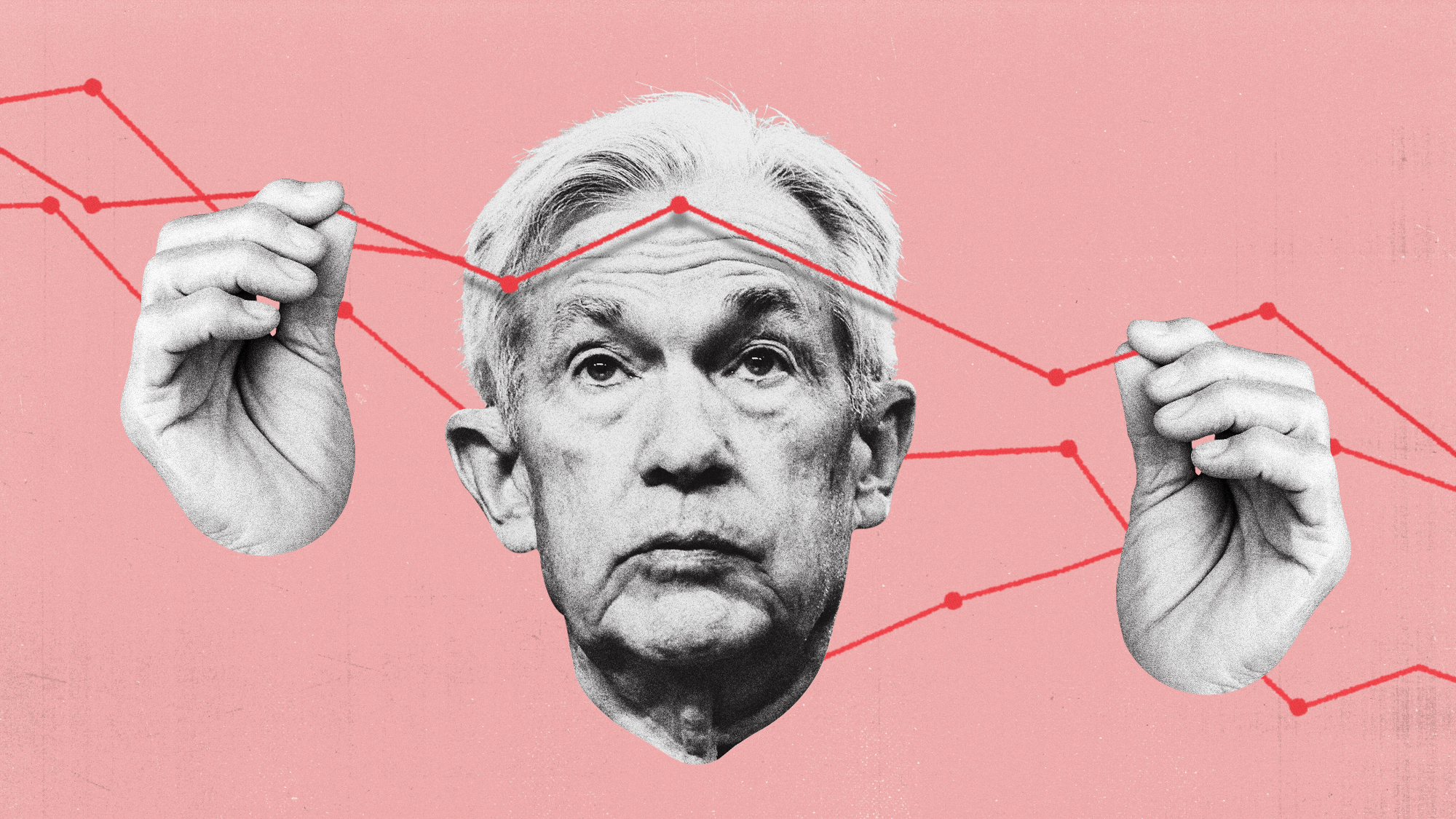What is non-domiciled status and why does it cut tax?
Rishi Sunak’s wife accused of saving ‘millions’ through ‘non-dom’ tax scheme

The financial affairs of Rishi Sunak and his multimillionaire wife are facing intense scrutiny after it emerged that she saved “millions” in tax payments through claiming non-domicile status.
According to The Independent, Akshata Murthy, a fashion designer and shareholder in her father’s multibillion-dollar IT services firm, used her “non-domicile status in order to save on her tax bill while her husband was chancellor”. It is “not known exactly how much has been saved”, but sources told the paper that “it could have saved her millions of pounds in tax on foreign earnings over several years”.
A spokesperson for Murthy told the BBC that she has paid all of her taxes legally in the UK. But Tulip Siddiq, Labour’s shadow economic secretary to the Treasury, called for Sunak to “urgently explain how much he and his family have saved on their own tax bill” while introducing “tax hike after tax hike on the British people”.
Subscribe to The Week
Escape your echo chamber. Get the facts behind the news, plus analysis from multiple perspectives.

Sign up for The Week's Free Newsletters
From our morning news briefing to a weekly Good News Newsletter, get the best of The Week delivered directly to your inbox.
From our morning news briefing to a weekly Good News Newsletter, get the best of The Week delivered directly to your inbox.
What is ‘non-dom’ status?
Non-domicile status, often referred to as “non-dom” status, “can save an individual from paying UK tax on income from dividends from foreign investments, rental payments on property overseas or bank interest”, said The Independent.
It is entirely legal and also means that those who claim it can avoid UK inheritance tax. Unlike non-residents, non-doms can also live in the UK for 365 days a year.
Roman Abramovich, the Russian oligarch who owns Chelsea football club, Lakshmi Mittal, the Indian steel tycoon, and media baron Viscount Rothermere have all used non-dom status to “avoid paying significant sums to HMRC”, The Guardian reported.
Confirming that “according to British law, Ms Murty is treated as non-domiciled for UK tax purposes”, her spokesperson said that “she has always and will continue to pay UK taxes on all her UK income”.
They added: “India does not allow its citizens to hold the citizenship of another country simultaneously,” meaning that “according to British law, Ms Murty is treated as non-domiciled for UK tax purposes.”
But non-dom status is optional. Nimesh Shah, chief executive of the accountancy firm Blick Rothenberg, told The Times: “If you state in a tax return that your intention is to live in the UK and you’re not going to go back to your country of origin, you will be considered British for tax purposes and you’ll lose your domicile of origin.”
How many people have non-dom status?
A study recently revealed that the number of people who had ever claimed non-dom status in the UK rose from 162,000 in 2001 to 238,000 in 2018.
The analysis of HMRC data, carried out by the London School of Economics and the University of Warwick, also found that non-doms made up more than 12% of residents in Kensington, and the Cities of London and Westminster in 2018.
Beyond the capital, some of the highest numbers were found in Oxford and Cambridge, where they made up more than 1% of the population in two parliamentary constituencies.
The study also found that non-doms constitute two-fifths of top earners – those whose annual income exceeded £125,000 – in the oil sector, as well as a quarter of those in the car industry and a sixth of those in film and sport.
With more than 93% of non-doms born abroad, the number of Indian non-doms is rising most rapidly, from 4% of the total in 2001 (3,200) to 14% in 2018 (22,700).
Sign up for Today's Best Articles in your inbox
A free daily email with the biggest news stories of the day – and the best features from TheWeek.com
-
 What is the dollar's future after Moody's downgrade?
What is the dollar's future after Moody's downgrade?Today's Big Question Trump trade wars and growing debt have investors looking elsewhere
-
 How could Tesla replace Elon Musk?
How could Tesla replace Elon Musk?Today's Big Question The company's CEO is its 'greatest asset and gravest risk'
-
 Why are Americans using 'buy now, pay later' apps to buy groceries?
Why are Americans using 'buy now, pay later' apps to buy groceries?Today's Big Question A 'layaway program, but reversed'
-
 Why does the US need China's rare earth metals?
Why does the US need China's rare earth metals?Today's Big Question Beijing has a 'near monopoly' on tech's raw materials
-
 Could a private equity deal be the end of Walgreens?
Could a private equity deal be the end of Walgreens?Today's Big Question The pharmacy chain will be taken private in a $10 billion deal
-
 How will the Fed manage Trump's economy?
How will the Fed manage Trump's economy?Today's Big Question Jerome Powell is 'in a bind'
-
 Can the US Steel-Nippon Steel merger come back to life?
Can the US Steel-Nippon Steel merger come back to life?Today's Big Question President Trump opposed the deal. But he could be flexible.
-
 Foreigners in Spain facing a 100% tax on homes as the country battles a housing crisis
Foreigners in Spain facing a 100% tax on homes as the country battles a housing crisisUnder the Radar The goal is to provide 'more housing, better regulation and greater aid,' said Spain's prime minister


